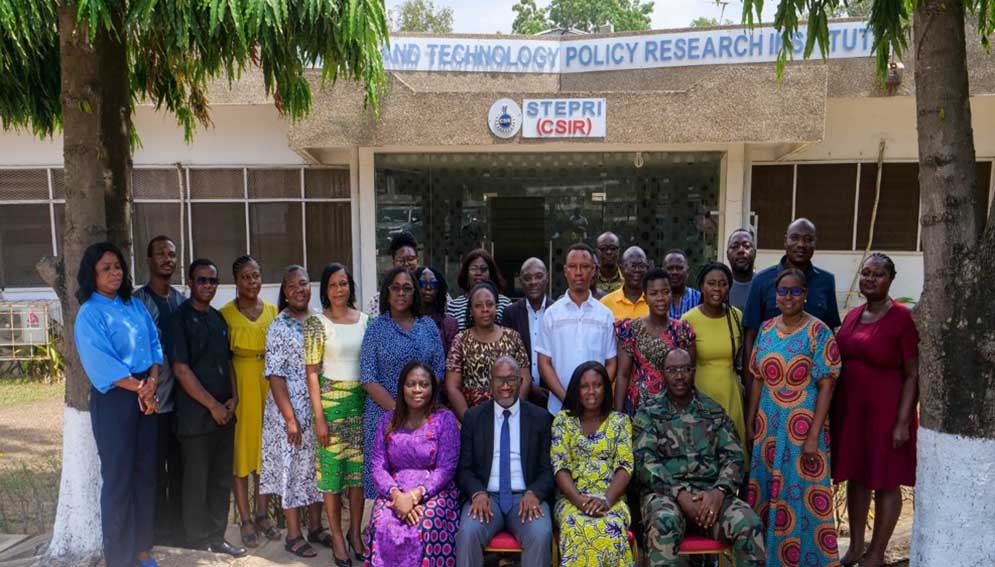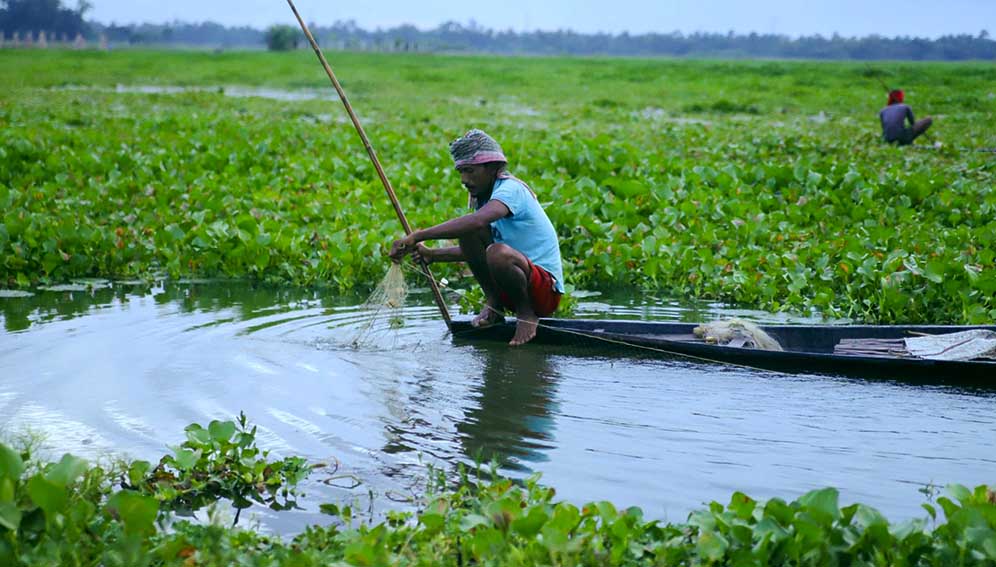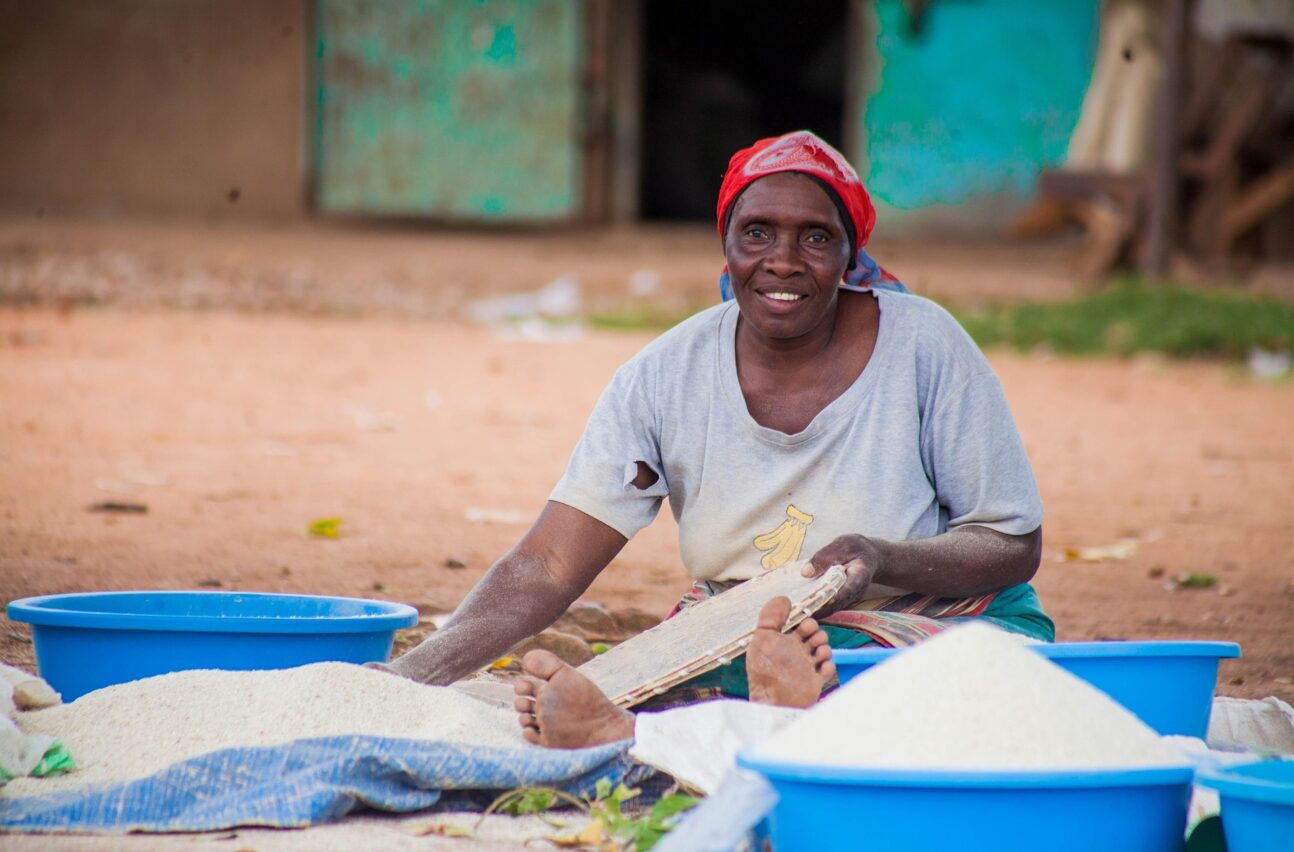SGCI News
[KAMPALA] Gender inclusivity in Uganda’s research ecosystem is gaining attention, but the country must do more to support research for sustainable development, says a leading member of the Science Granting…
One of the six themes of the Science Granting Council Initiative is gender and inclusivity
This policy focus is driving conversations in Uganda on gender in R&D
Uganda needs reforms on R&D funding and management to aid sustainable development
[KAMPALA] Gender inclusivity in Uganda’s research ecosystem is gaining attention, but the country must do more to support research for sustainable development, says a leading member of the Science Granting Council Initiative (SGCI).
Steven Sebbale, the acting assistant executive secretary and head of the gender team at the Uganda National Council for Science and Technology (UNCST), says that before the SGCI introduced a thematic focus on gender inclusivity, there was no framework for tackling gender issues in research and development (R&D).
Gender and Inclusivity is one of the six themes of the SGCI, which was launched in March 2015.
“We have, over the years, been involved in different streams or workflows under the SGCI,” explains Sebbale in an interview with the Human Sciences Research Council of South Africa.
New partnerships
Sebbale says the new focus on gender and inclusivity has seen some benefits.
“We have built a lot of goodwill around research gender equity, inclusiveness and really put it front and centre of the agenda around what we do,” he says.
Sebbale says the council created a gender committee two years ago that actively advocates for gender inclusivity in its research and development processes.
“We are also at the centre of [the] science policy space, so we are trying to embed gender within those places where we have levers of influence.”
Sebbale says the council is engaging on gender inclusivity with others such as Uganda’s National Council for Higher Education and the Uganda National Academy of Sciences.
“We put gender within those conversations … and we are seeing there’s a lot of goodwill in that area,” he says.
But despite the gains made, Sebbale says it is a “long walk ahead” to embed gender inclusivity in research and development because many things are still at the concept stage.
“It is fair to say, from the discussions we are having, gender is becoming something that you cannot deny … It’s something that every stakeholder agrees we need to tackle straight away.
“We know that we’ve talked about this long enough. Now there’s need for action.”
Uganda’s research output
In a follow-up interview, Sebbale says that Uganda’s new research output report, which was launched last week (21 June), shows that the country largely depends on donors for research funding.
“New financing options in the private sector, including venture capital, can accelerate progress in some slow-growth sectors,” he adds.
According to Sebbale, Uganda’s research system is growing but has the potential to grow faster. He says more needs to be done to support researchers to deliver social impact sustainably.
“With Uganda’s vision to achieve middle-income status by 2030, the role of research cannot be overstated,” he explains.
“However, reforms on how research is managed, financed and networked will be critical to ensure that the system leverages the opportunities for inclusive, sustainable and scalable growth.
“The other thing that we saw is that knowledge management and the value of knowledge are not demonstrated much, and research is done as an end rather than a means.”
This work was carried out with the aid of a grant from the International Development Research Centre, Ottawa, Canada. The views expressed herein do not necessarily represent those of IDRC or its Board of Governors.
Related News
A gender project is bridging gaps in research and evaluation in Ghana
Ghana is addressing critical issues in the country’s research landscape by bridging gender gaps in research and evaluation through a gender project. The Ghana Ministry of Environment, Science and Technology, a Science Granting Council is leading the gender project called EQUISTEM. The EQUISTEM project tackles…
Unlocking stronger food systems with African research
[SciDevNet] The 2025 Global Food Policy Report warns that the world could be heading toward another major food crisis. For Africa, the warning is especially urgent. Across the continent, food systems are under pressure from climate change, economic shocks, and political instability. These overlapping challenges…
Invasive lake weed turned to clean energy in Ethiopia
[ADDIS ABABA, SciDevNet] For years, Fentie Wabi worked as a fisherman on Ethiopia’s Lake Tana, until an aggressive green invader changed everything. Water hyacinth, a fast-spreading aquatic weed, began choking the lake that had sustained his community. “As the weed expanded, we couldn’t ride our…
Research and Resources
SGCI funded projects
Zambia’s top researchers pioneer solutions for climate resilience, food security, economic growth
Project Titles & Institution Areas of Research Number of Projects being funded Project Duration Grant Amount In-Kind Distribution Council Collaboration with other councils





